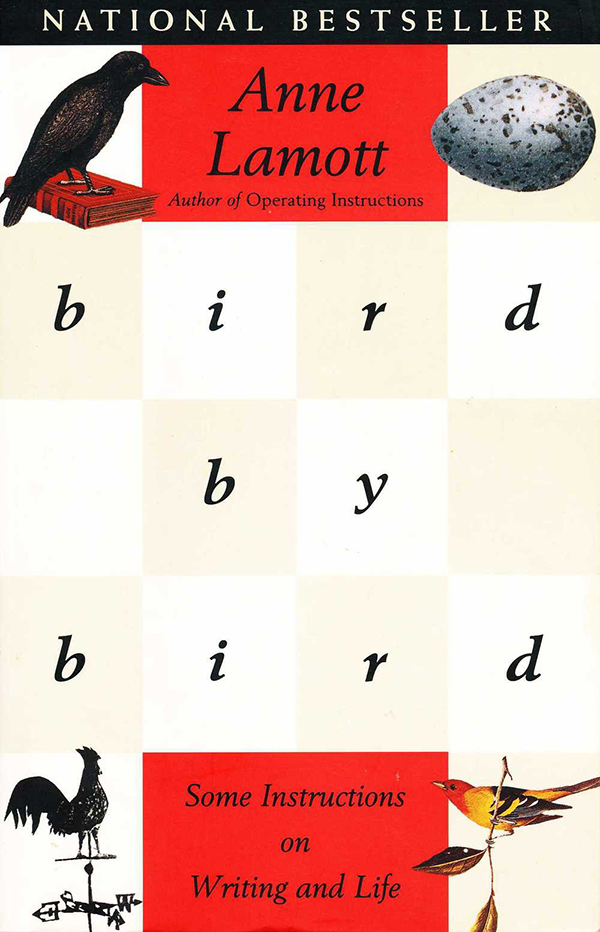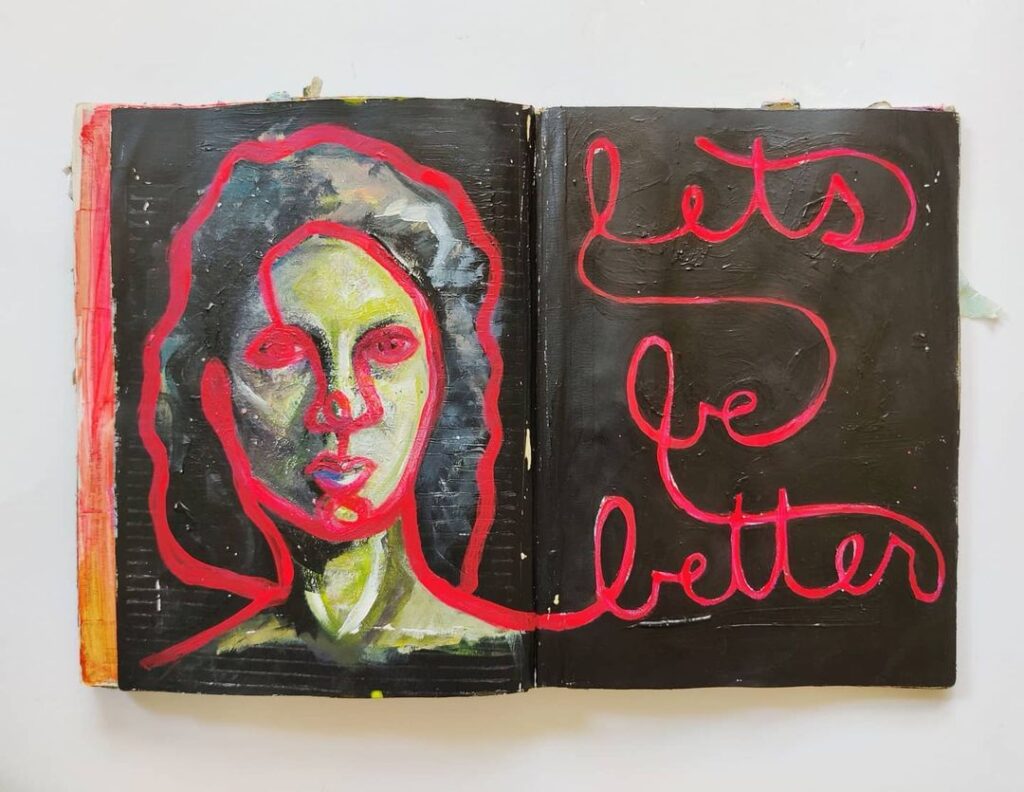I just finished reading Anne Lamott’s insightful (and wickedly funny) Bird by Bird: Some Instructions on Writing and Life. I hadn’t actually heard of her before picking up the book in a little library in my neighborhood — but her words found me at the right time.
I’m deeply curious about other creatives’ practices, and the writing process is still somewhat of a mystery to me. How can anyone take a feeling or experience, something so big and complex and nuanced, and capture it in something as limited as language?
But this kind of question can ensure that we never put pen to paper. Perfectionism, really, is the antithesis to play and exploration and learning. Lamott gives you permission to write badly: one of her first pieces of advice is to “write really, really shitty first drafts.”
“You need to start somewhere. Start by getting something — anything — down on paper,” she says. If you write and it turns out laughably awful, you are still doing something right. (Kind of like making ugly visual art: if you’re creating, you’re on the right path. Make ugly art, or terrible first drafts. Just don’t not create.)
The only thing to do when the sense of dread and low self-esteem tells you that you are not up to this is to wear it down by getting a little work done every day.”
Lamott also speaks about writing as a lifelong journey, with no fool-proof formula: you can only show up, pay attention, create terrible first drafts, seek feedback, learn from your mistakes, and try again. Writing, like any other kind of creating, is a process, one of self exploration and expression — and it’s the work (the verb), not the work (the noun) that is ultimately most valuable:
You’ll find yourself at work on, maybe really into, another book, and once again you figure out that the real payoff is the writing itself, that a day when you have gotten your work done is a good day, that total dedication is the point.”
(Emphasis is mine.)





